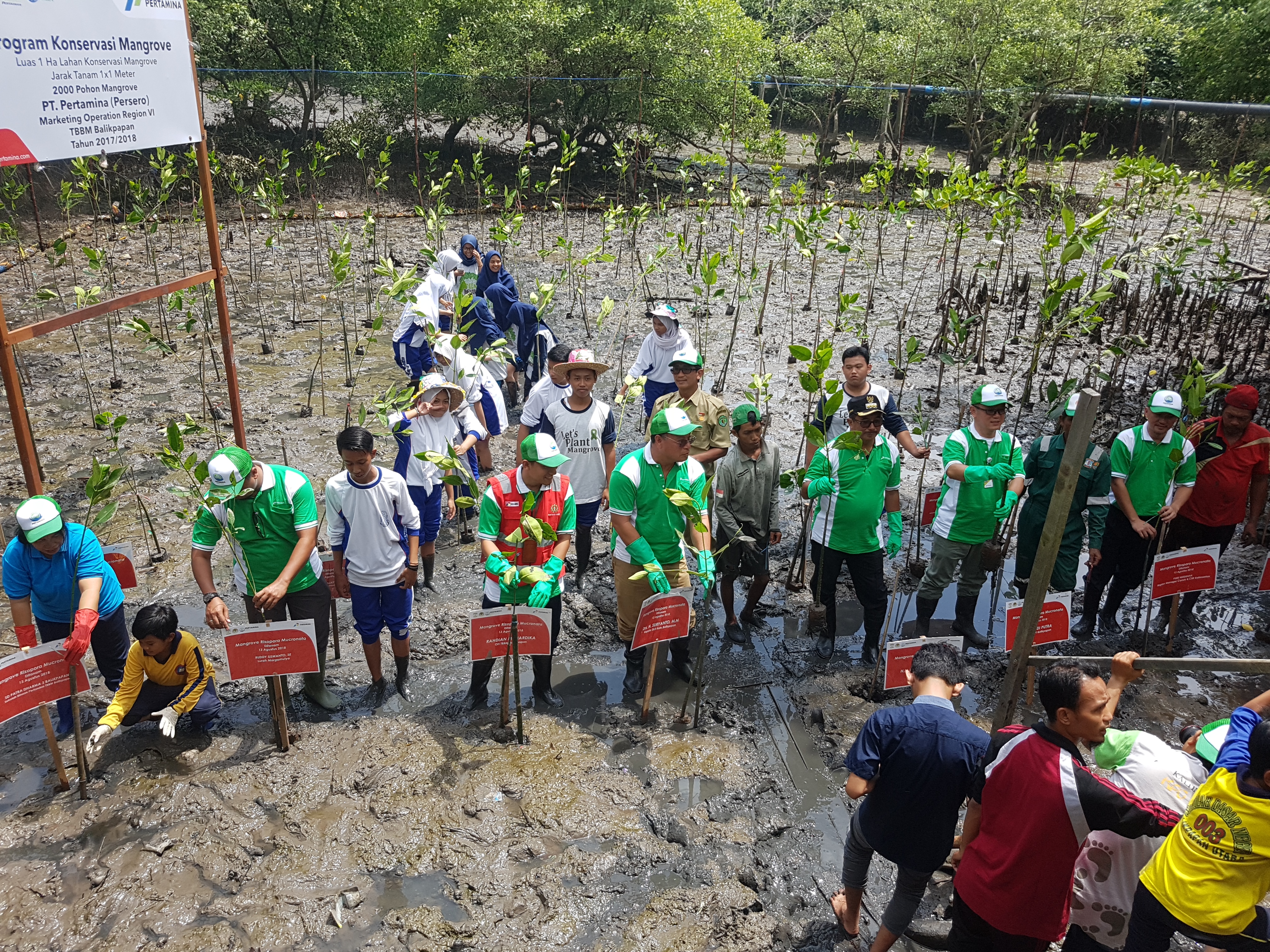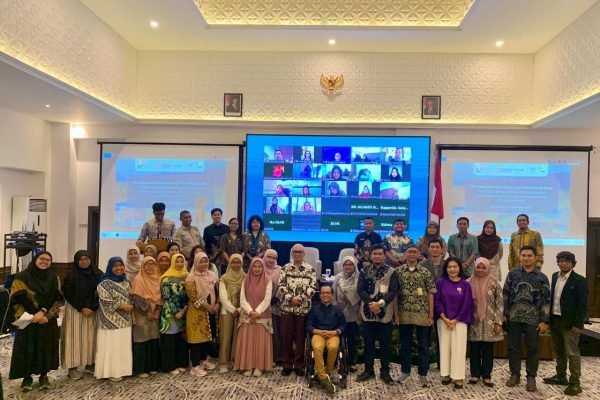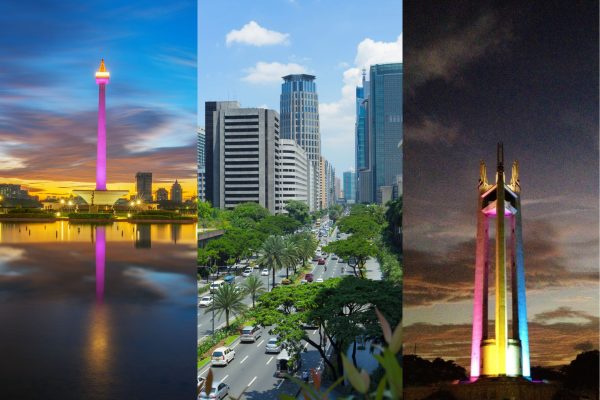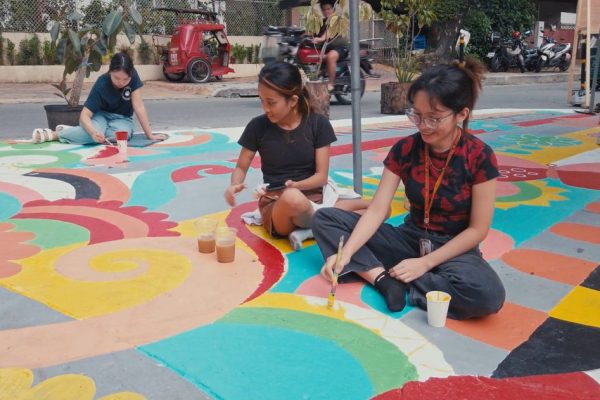Balikpapan, Indonesia- Balikpapan is a seaport city on the east coast of Borneo Island in the Indonesian province of East Kalimantan. Dubbed as the “oil refinery city,” Balikpapan is internationally known for their timber, coal reserves, and petroleum export production. The city puts the environment and sustainability as its top priority towards realizing their vision to become a livable and sustainable city.
To achieve this goal, the City Government of Balikpapan issued several pro-environment policies and regulations. In 2013, the city issued a moratorium to stop the granting of coal mining permits with the consideration that excessive exploitation may disrupt sustainable development. Further, the city’s spatial planning follows 52:48 pattern – 52% of the total land area is dedicated for environment such as protected forest, city forest, green open spaces (RTH), green corridor, and retention pool, while only 48% that can be built for urban physical development. This provision, sealed in the local regulation applicable until 2032, far exceeds the national standard which requires at least 30% of the city area for RTH.
Balikpapan’s Urban-LEDS’ experience
From 2013 to 2016, Balikpapan participated in the Urban-LEDS I project as a model city to conduct a city-level greenhouse gas (GHG) emissions inventory and analysis. Thru the project, the city developed GHG Emission Reduction Plan (RAD-GRK) which pledged to reduce GHG emissions by almost 20% by 2020 based on 2010 level by targeting priority sectors such as waste management, sustainable transport, and residential area. Turning promise into action, Balikpapan recently issued a decree to ban plastic bags in modern retailer shops as a means to reduce plastic waste generation. Balikpapan is the 2nd city in Indonesia, after Banjarmasin, to impose such regulation. Balikpapan aims to extend this policy in traditional markets, food stalls and tourist destinations.

The city government of Balikpapan also has programs that focus on mangrove rehabilitation.
The city is also successful in mobilizing resources from various stakeholders including the private sector. City officials hold regular meetings with multinational corporations as well as a Corporate Social Responsibility (CSR) Forum for joint discussions on the private sectors’ contribution towards the city’s environmental agenda. One successful CSR-funded initiative is a Waste-to-Energy program in Manggar sanitary landfill where methane gas was captured and connected to 161 households for cooking and electricity.
Moving forward: New sights for Urban-LEDS II
Balikpapan’s relentless pursuit of sustainability has earned several recognitions from both the national and international arena. Balikpapan received various prestigious awards including the Most Loved City by the WWF Earth Hour City Challenge 2015; and the Adipura Kencana, the highest award for the cleanest city in Indonesia held by Balikpapan for five consecutive years, among others.
Mr. Suryanto Ibrahim, head of Environmental Agency in Balikpapan, shared the driving forces behind the city success in maintaining sustainability stating “Despite our limited financial resources, we are pursuing different low carbon strategies because we believe that this is aligned with our goal of becoming sustainable. We are conserving our open spaces to make Balikpapan more livable to both citizens and visitors, and we will keep our commitment not to mine the coal. We want to show that our city has huge potential to contribute to national targets especially in relation to climate change.”
Under Urban-LEDS Phase II, Balikpapan continues its collaboration with ICLEI in promoting vertical integration and strengthening the MRV processes of climate action plans. Urban-LEDS II is jointly implemented by ICLEI and UN-Habitat with support from the European Commission.



